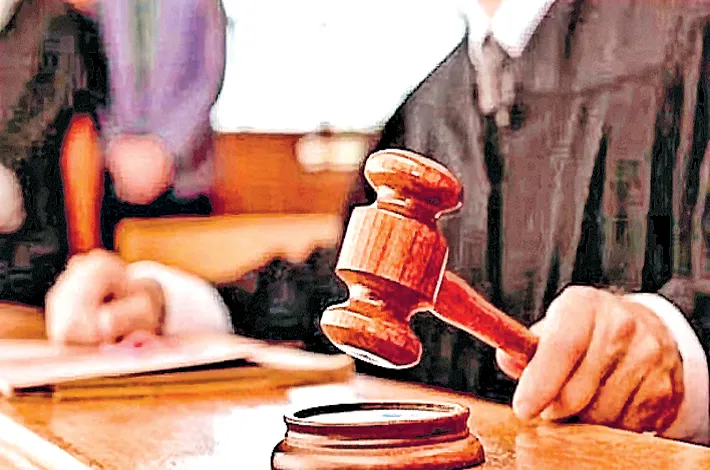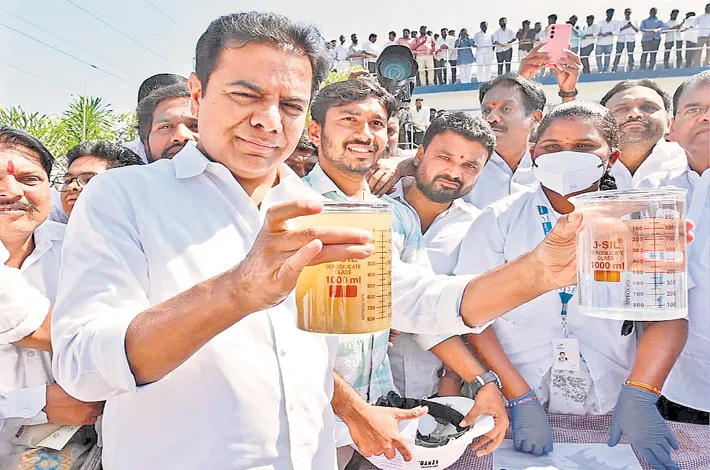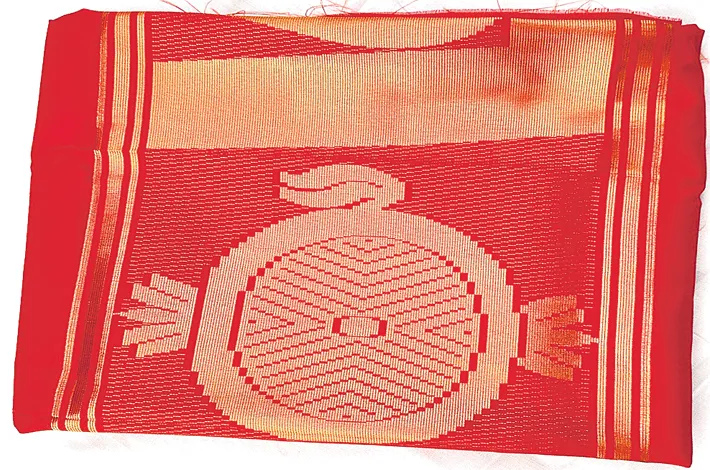Preference shareholders cannot file insolvency petition: Supreme Court
29-10-2025 12:00:00 AM

The Supreme Court on Tuesday held that holders of cumulative redeemable preference shares are investors, and not financial creditors, and therefore cannot initiate insolvency proceedings under Section 7 of the IBC, since non-redemption of such shares does not constitute a “default” under the IBC, according to a report by LiveLaw News Network.
“It is well settled in Company Law that preference shares are part of the company's share capital and the amounts paid up on them are not loans. Dividends are paid on the preference shares when the company earns a profit.
“This is for the reason that if the dividends were paid without profits or in excess of profits made, it would amount to an illegal return of the capital. Amount paid up on preference shares not being loans, they do not qualify as a debt,” the Court observed.
A bench of Justices JB Pardiwala and KV Viswanathan heard the case where the Appellant-EPCC had converted Rs 250 crore of dues under an engineering and construction contract into 8% cumulative redeemable preference shares redeemable in three years. When the Respondent-Matix failed to redeem them, EPCC’s liquidator filed for insolvency, claiming financial creditor status. Both NCLT & NCLAT rejected the plea, holding that CRPS holders are investors, not financial creditors.
Upholding the NCLT and NCLAT’s findings to dismiss EPCC’s Section 7 IBC plea against Matix for non-redemption of preference shares, the judgment authored by Justice Viswanathan said, “We are convinced on the perusal of the transaction between the parties in the present case that the appellant as preference shareholder could not have maintained an application under Section 7, IBC.”
Referencing A. Ramaiya’s Guide to the Companies Act, the Court emphasised that a preference shareholder, even when unredeemed, remains an investor, not a creditor.
Further, the Court held that for a Section 7 application to be maintainable, there must exist a financial debt disbursed against the time value of money.
“Since the investment in CRPS constituted share capital and not a loan, the transaction fell outside the definition of “financial debt. “Another important Section in the IBC to be noticed is Section 5(8) which prescribes that to be a financial debt there needs to be disbursal against consideration for the time value of money.








